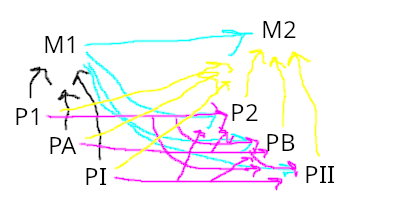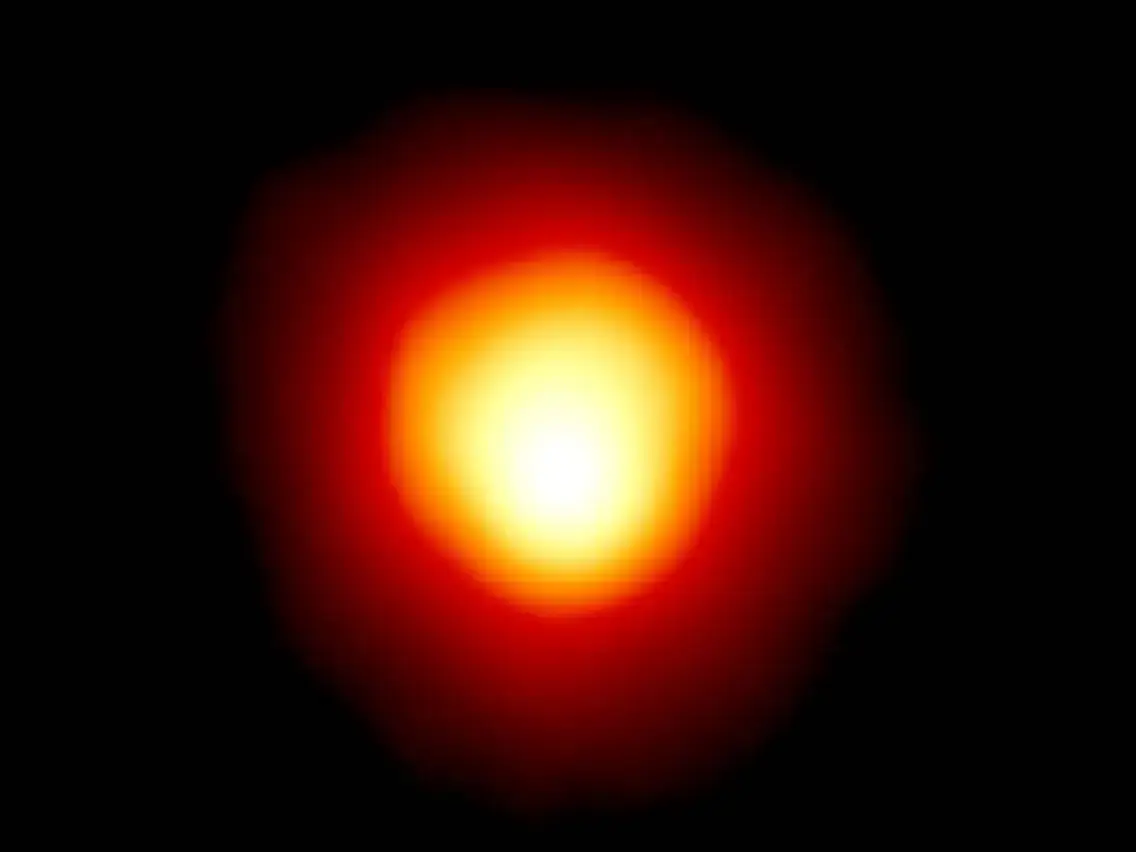Are most people here epiphenomenalists? Physicalists?
Anything that implies humans have an eternal soul that comes from a nonmaterial plane is idealist to me.
I don't understand the problem, the mind is emergant from the physical. The physical little wires in my brain make the "mind". So of course it can influence my body, and my body can influence my mind, because the mind is part of the body.
That's physicalism just using different words for mind and body, but acknowledging that both are really the same thing: the physical.
Yea, I suppose it would be.
Sometimes I prefer just laying my thoughts out and letting other people label them as they want to. There are too many dang labels these days

just using different words for mind and body, but acknowledging that both are really the same thing: the physical
Anomalous monism
It's the only conclusion I can make from the evidence I have seen. I didn't intend for it to be my full reasoning.
I wish I could mind my body but I’ve got this problem called dysmorphia
The body is a big complex set of biological processes intertwined with many external processes; one of the emergent results of this is consciousness
Free will is real because I am the cohesion of the processes and whatever that cohesion does is the expression of my/its will
Also there's no such thing as the self or the individual and all difference is illusory (but in a totally material sense)
I’ll go further and say free will as a concept is idealist nonsense. Historical materialism offers a much more grounded and meaningful perspective on freedom as a political-economic process.
Slavery (chattel or wage), capitalist exploitation, cishet patriarchal oppression - there are so many real illiberties plaguing humanity right now. Free will is the liberal version of counting angels on a needle
I don't think that free will and historical materialism are necessarily at odds. An individual has free will, just like an individual can go against their class interests - but most of the time, most people will do what they think is the most rational thing to do, which is how you get large groups of people spontaneously working towards the same goals because they share economic interests.
I don’t see how introducing the concept of free will adds any clarity to the examples you gave. Worse, I maintain it serves as a way to smuggle in idealism in analysis which is clearer and more powerful without it.
Is the righteous anger of the hungry masses rising up in revolution an expression of free will or a symptom of a lack of it? Does a bourgeois class traitor driven by empathy and visceral disgust at the injustice of it all have free will? Or one motivated by fear of the rising proletarians?
How many free wills can dance on the edge of a guillotine?
That has nothing to do with free will. People don’t choose whether to follow their interests like they’re flipping a coin. They are influenced by many things including empathy and interests to make whatever decisions, but you could call is “free” will whatever decision they make even if it’s determined. I do think there is a need to fight economism, the thinking that simple things like class are purely responsible for certain decisions.
A materialist conception of free will is very compatible with all that - the potential expressions of will are bound by historical realities, but free will within those bounds is legitimate and real.
As I wrote elsewhere I don’t see how introducing the concept adds anything to a materialist analysis of choices and why we make them.
It's the placement of where choices are made - a non-free will perspective places them purely on external factors. A free will perspective places some portion of choice within the individual.
The thing is I don’t see how there can be potentialities beyond what happened already. It’s impossible to predict the future, but the amalgamation of all the material factors is purely responsible for the future.
I agree with what you wrote, but it could be interpreted as more libertarian
My consciousness depends on the physical processes of my body and my environment. Physical processes are selected and changed in my body and my environment due to my consciousness.
The mind is the definition of a subjective experience. Since science is the study of observable phenomenon, and it cannot be observed in others, it's beyond science to study. All the resy is just speculation.
In other words, the world may never know. Count me agnostic
I wouldn't call myself a physicalist, but I wouldn't say that what happens in the mind is totally separate from the physical realm either. I'm not a philosophy guy so I assume there's jargon that I just don't know that explains what I believe already, but it's something like this:
The self is an emergent phenomenon of many different things - your brain and its structures, your hormones and how they interact with it, your interactions with others and your perceived place in society, etc. Free will may or may not be part of the phenomenon of the self, but if it does exist then it forms a base-superstructure relationship with the things that created it - so your free will is constrained by, but also has the capacity to change, those aspects.
edit: after skimming wikipedia's article on mind-body-dualism, maybe I do lean towards physicalism actually, because I don't think that the mind is some extra special metaphysical thing.
edit2: oh here's my word of the day: Emergentism
edit3: okay I've seen a dozen variants of this graphic and I wanted to draw my own
Show
I hope this clarifies things.
M1 is your starting mental state, M2 is your ending mental state. P1, PA, and PI are your starting physical states, and P2, PB, and PII are your ending physical states. All mental states are emergent from their parallel physical states, and are effected by previous mental and physical states. All physical states must follow from previous physical states, but are effected by previous mental states. The degree to which the mental effects the physical varies depending upon which physical process you're talking about, with some processes being purely deterministic.
Insofar as we've proved anything objectively, or anything in regards to our shared reality, I'm a physicalist. The laws of physics seem to determine, quite conclusively, everything, including mental states.
Insofar as my own subjective, singular, personal experience of being alive goes, I don't know. I'm sure I'm as susceptible to physical influence as anyone, but currently I struggle to imagine how we could physically measure what I currently experience as 'being alive', though I certainly couldn't assert it as impossible. I suspect that "don't know" is the definitively correct answer, but I'm not certain on that yet.

















